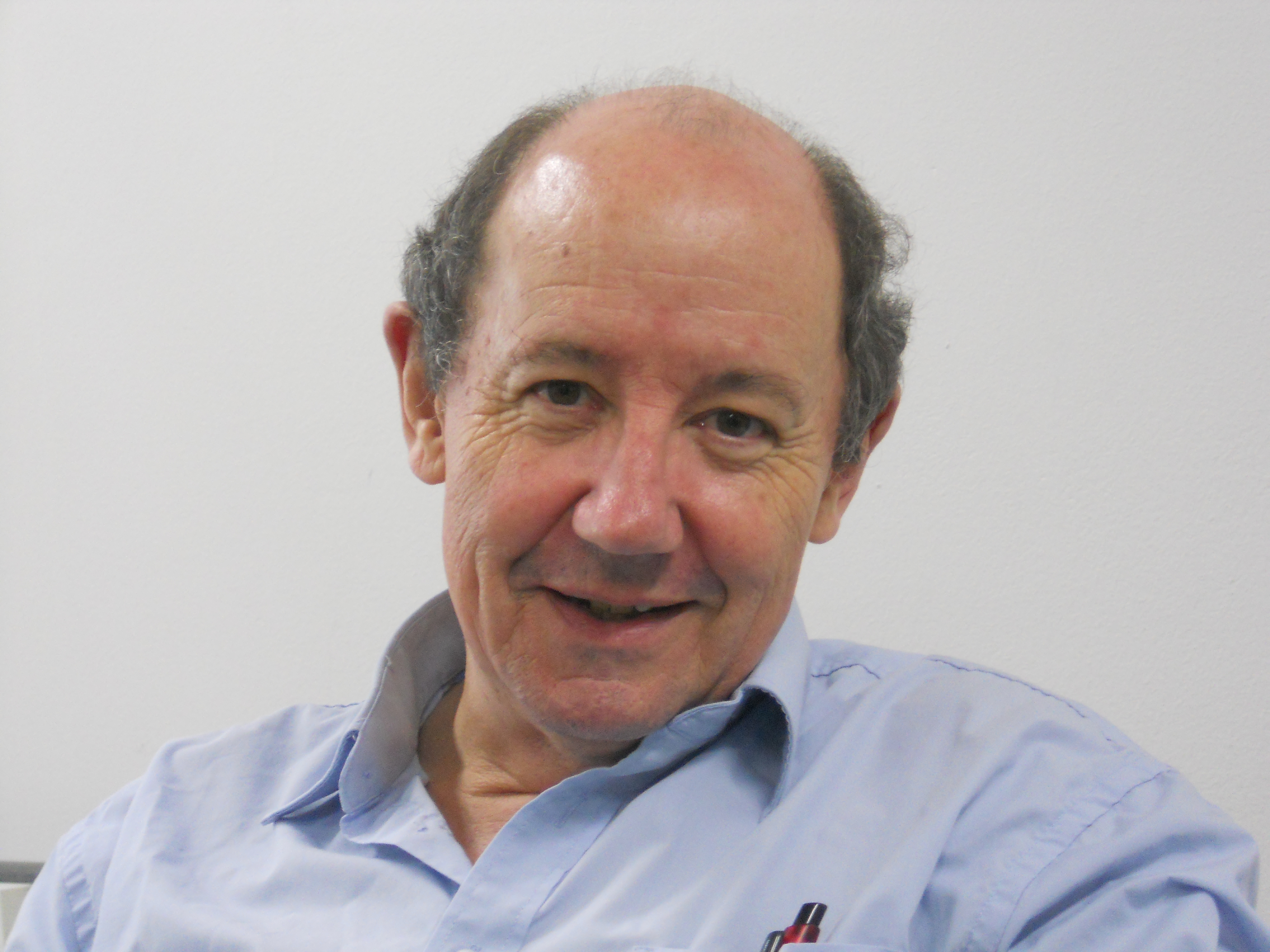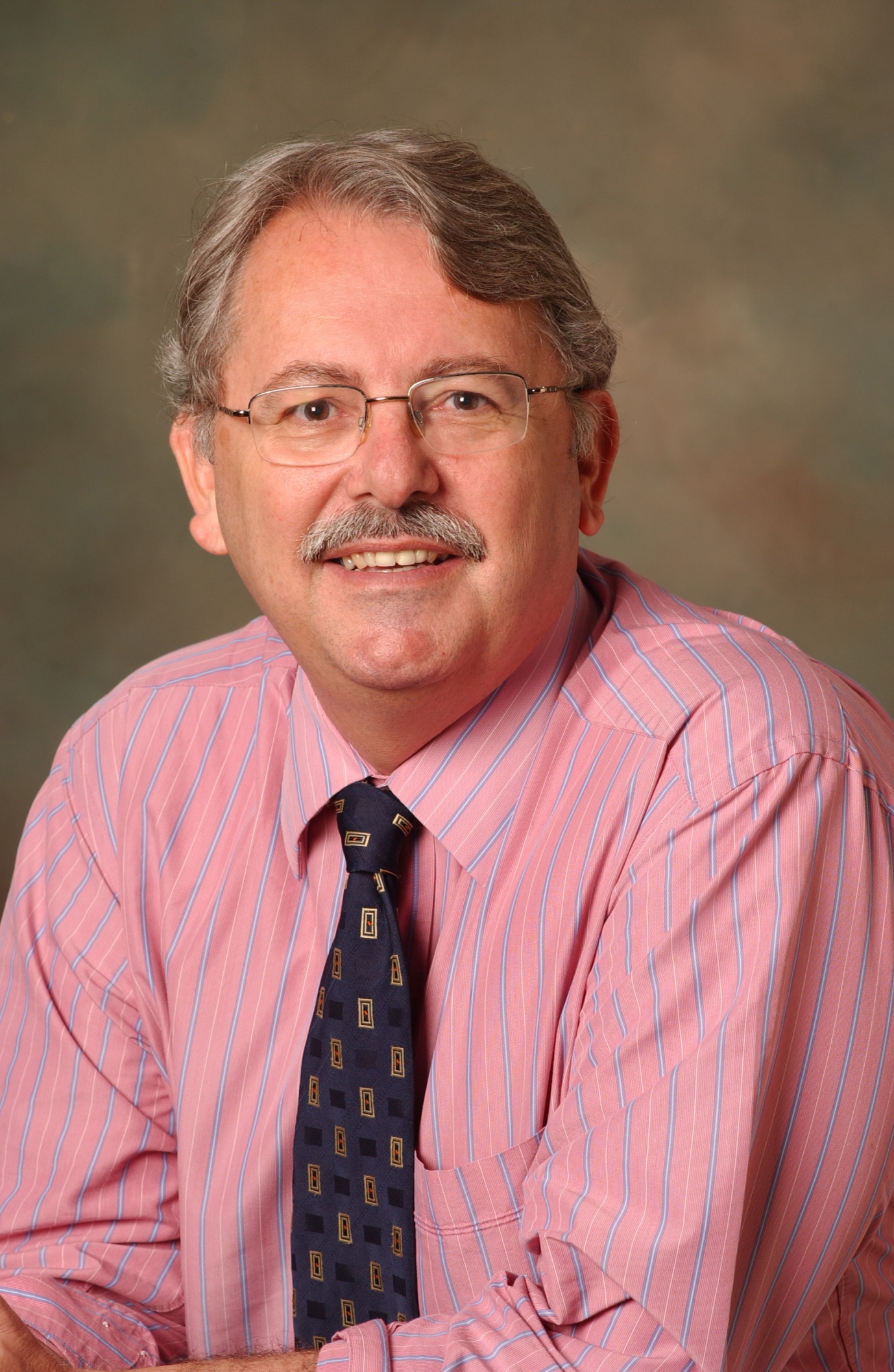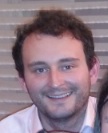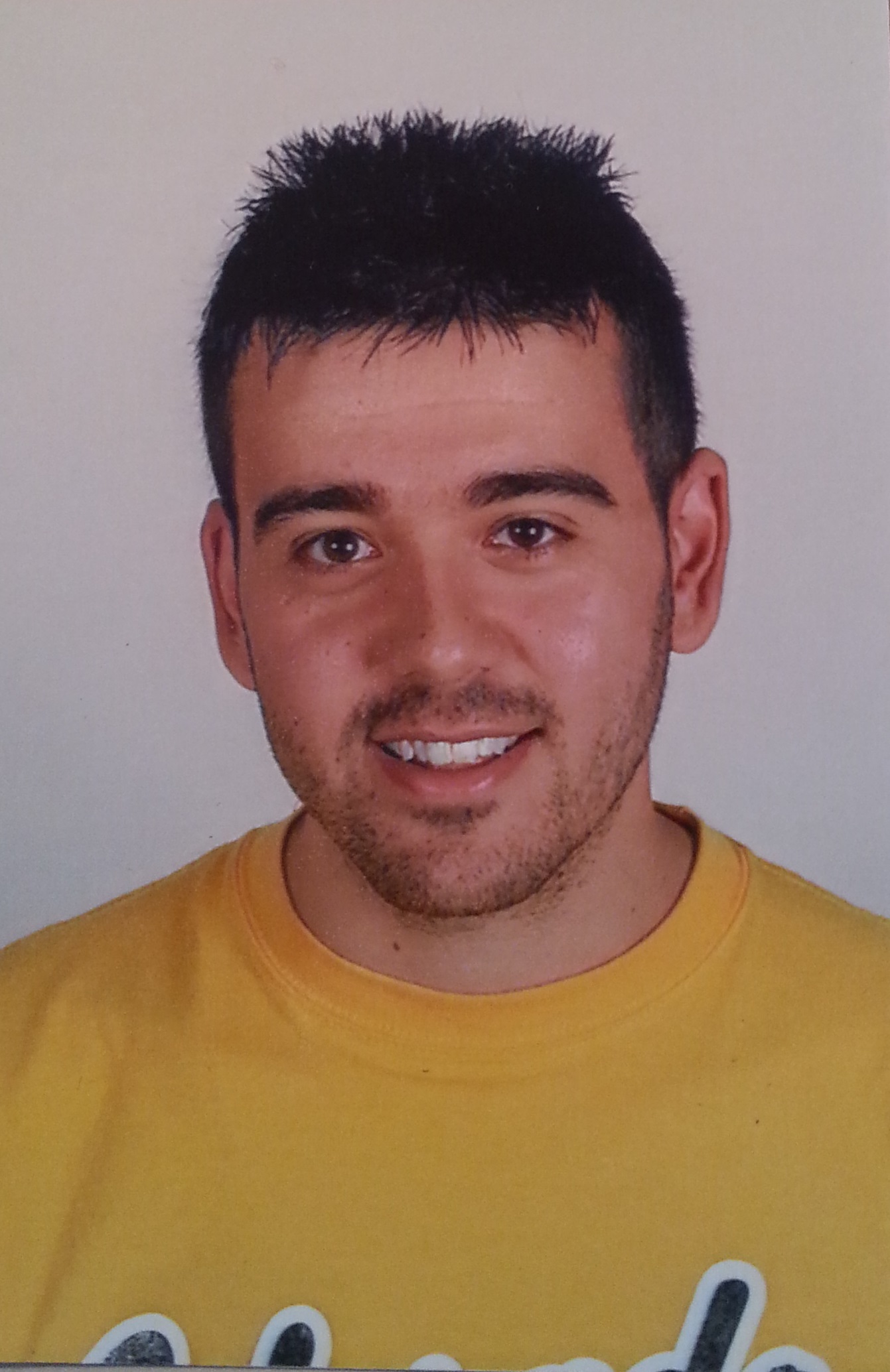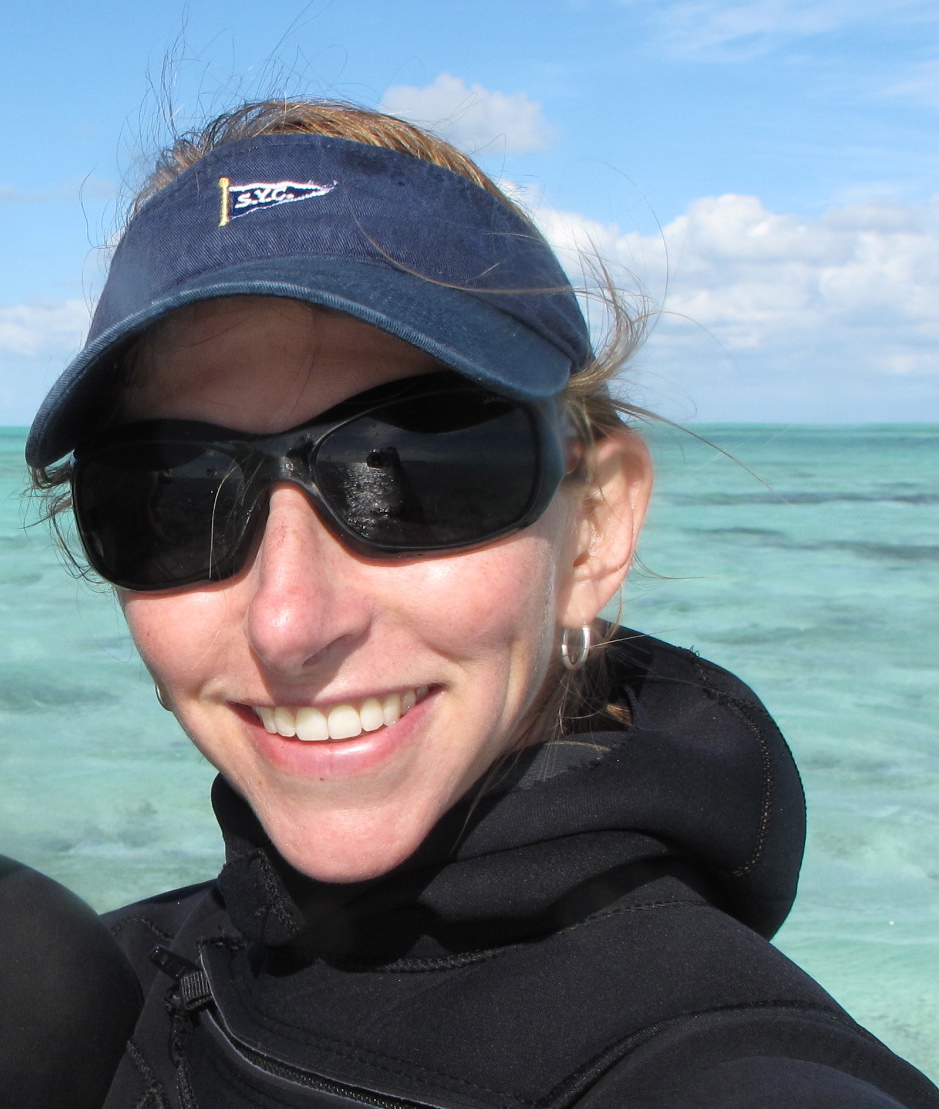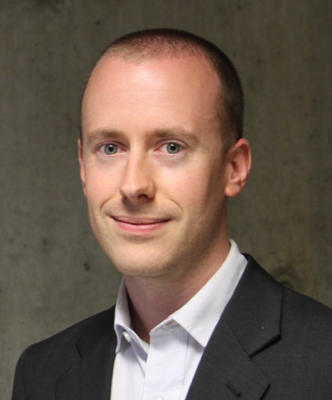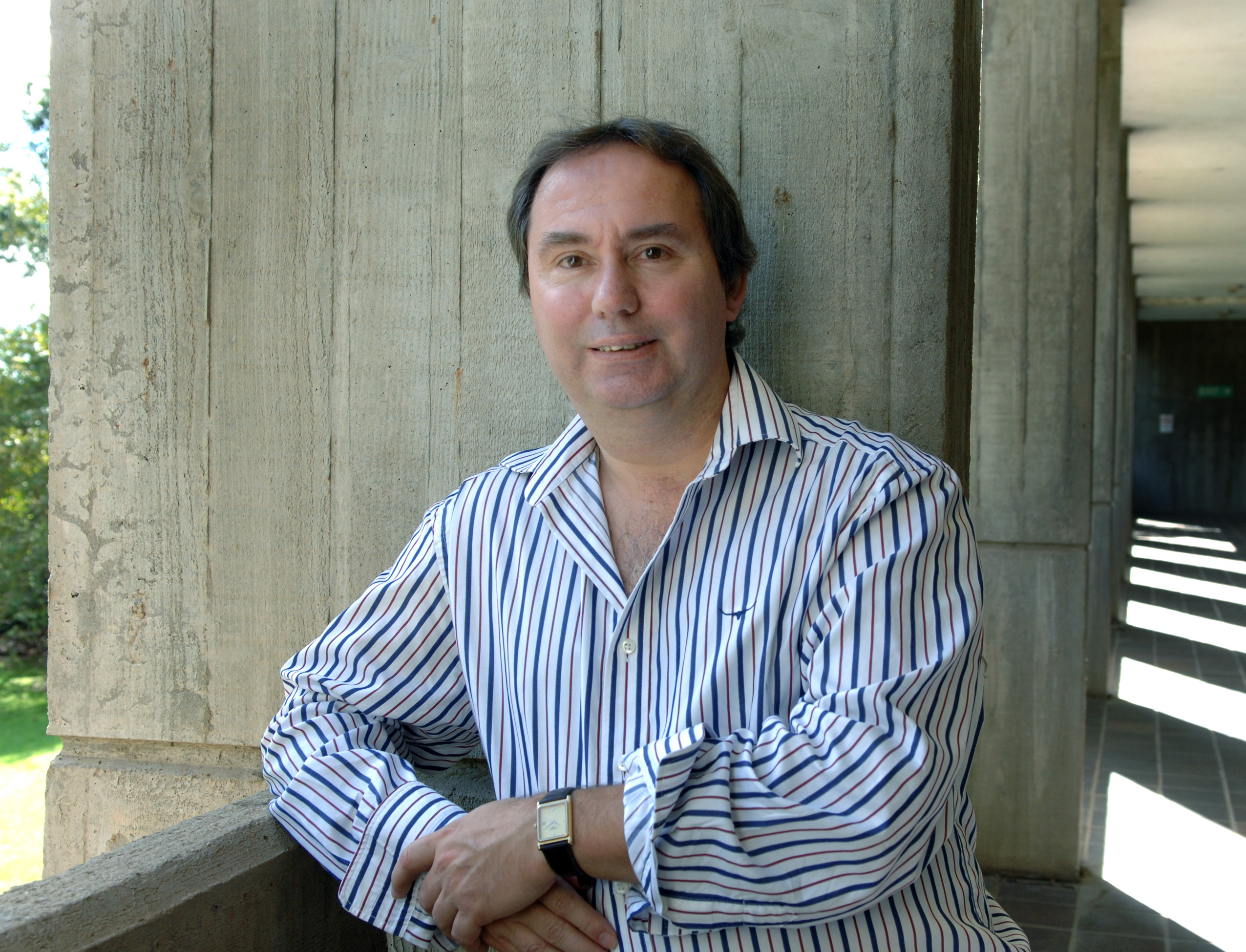Professor Ian Paulsen, Faculty of Science of Engineering
An Ace Up Their Sleeve: Characterisation of Acel, A New Type of Bacterial Drug Efflux Pump
Drug resistant "superbugs" are a growing threat to our healthcare system with some pathogenic bacteria now resistant to all available treatment options. We applied high-throughput genomics methods to study antiseptic resistance in the hospital pathogen Acinetobacter baumannii, and identified AceI, a novel drug efflux protein that makes the bacteria resistant by pumping antiseptics out of the cell. This is the first new type of bacterial drug efflux pump discovered in more than a decade. This discovery opens up the possibility of developing inhibitor compounds that could block this pump and reverse the drug resistance.


